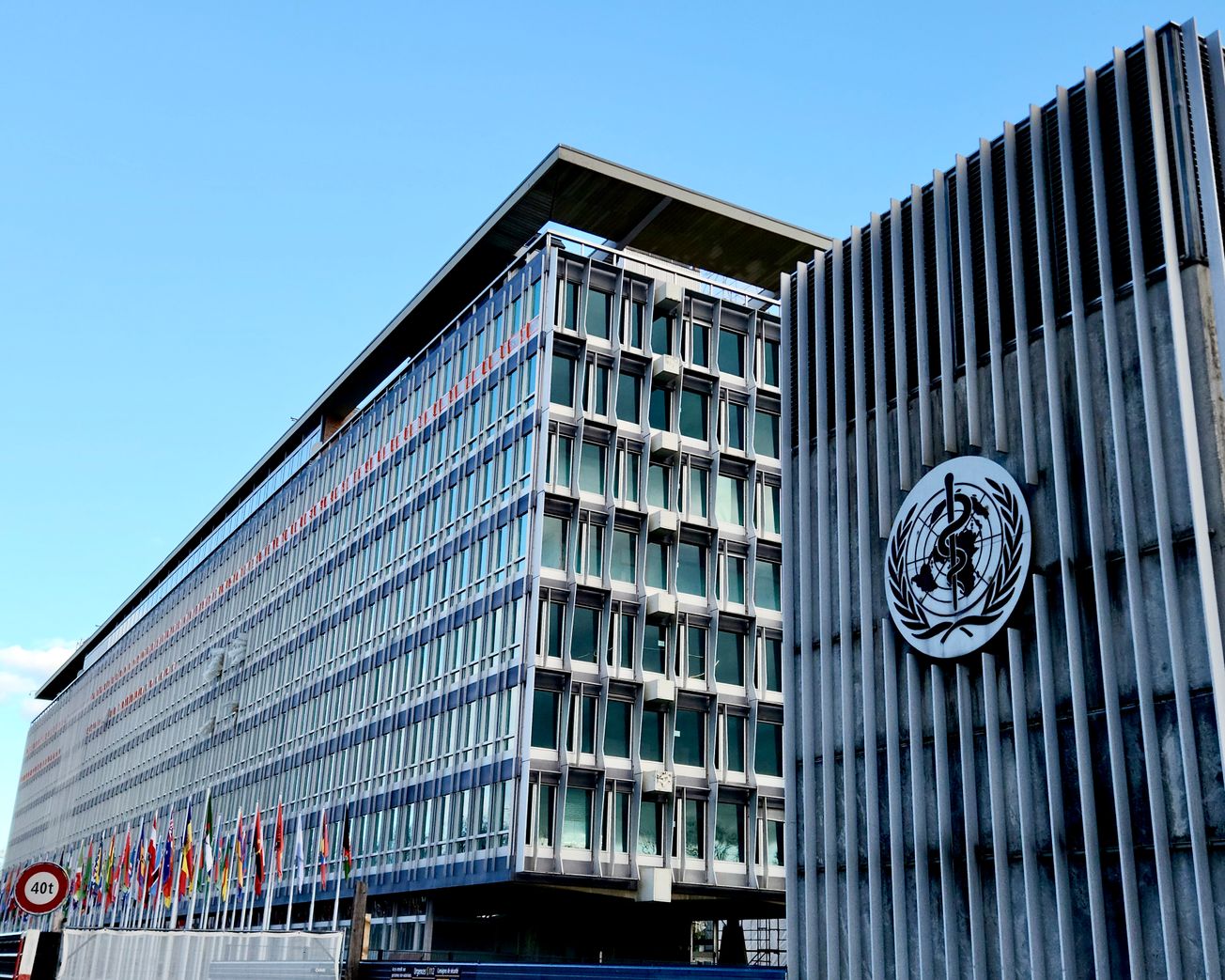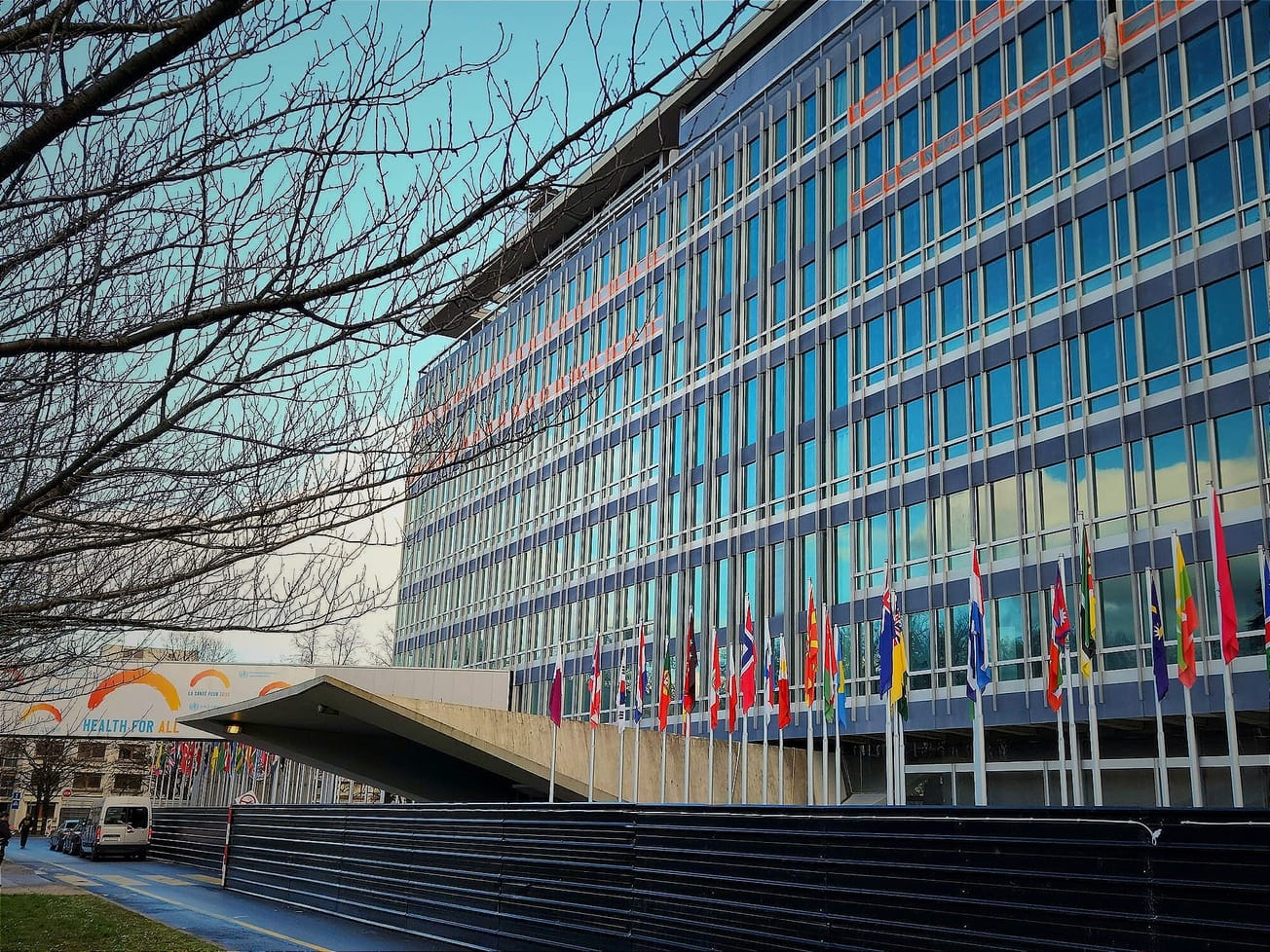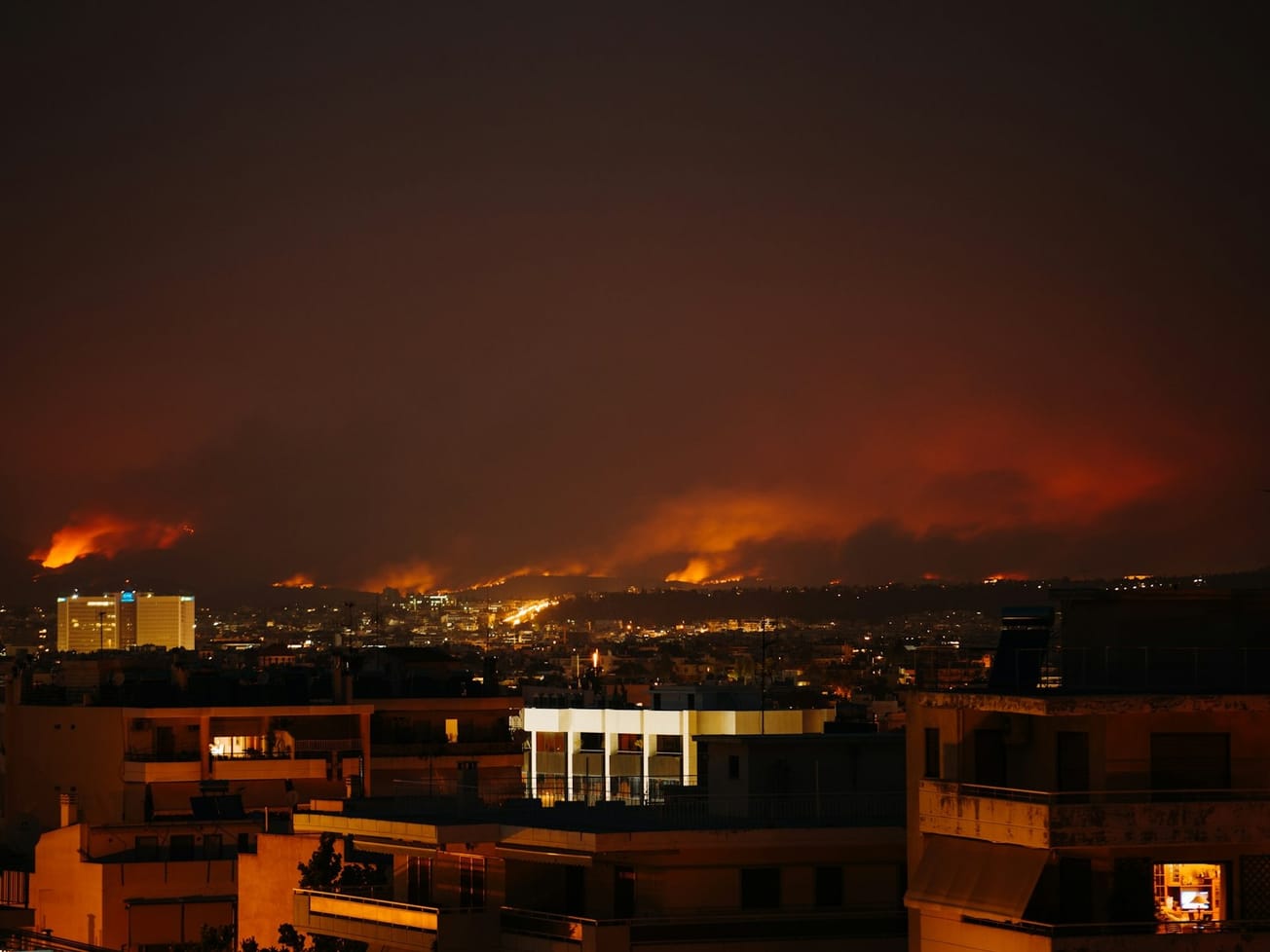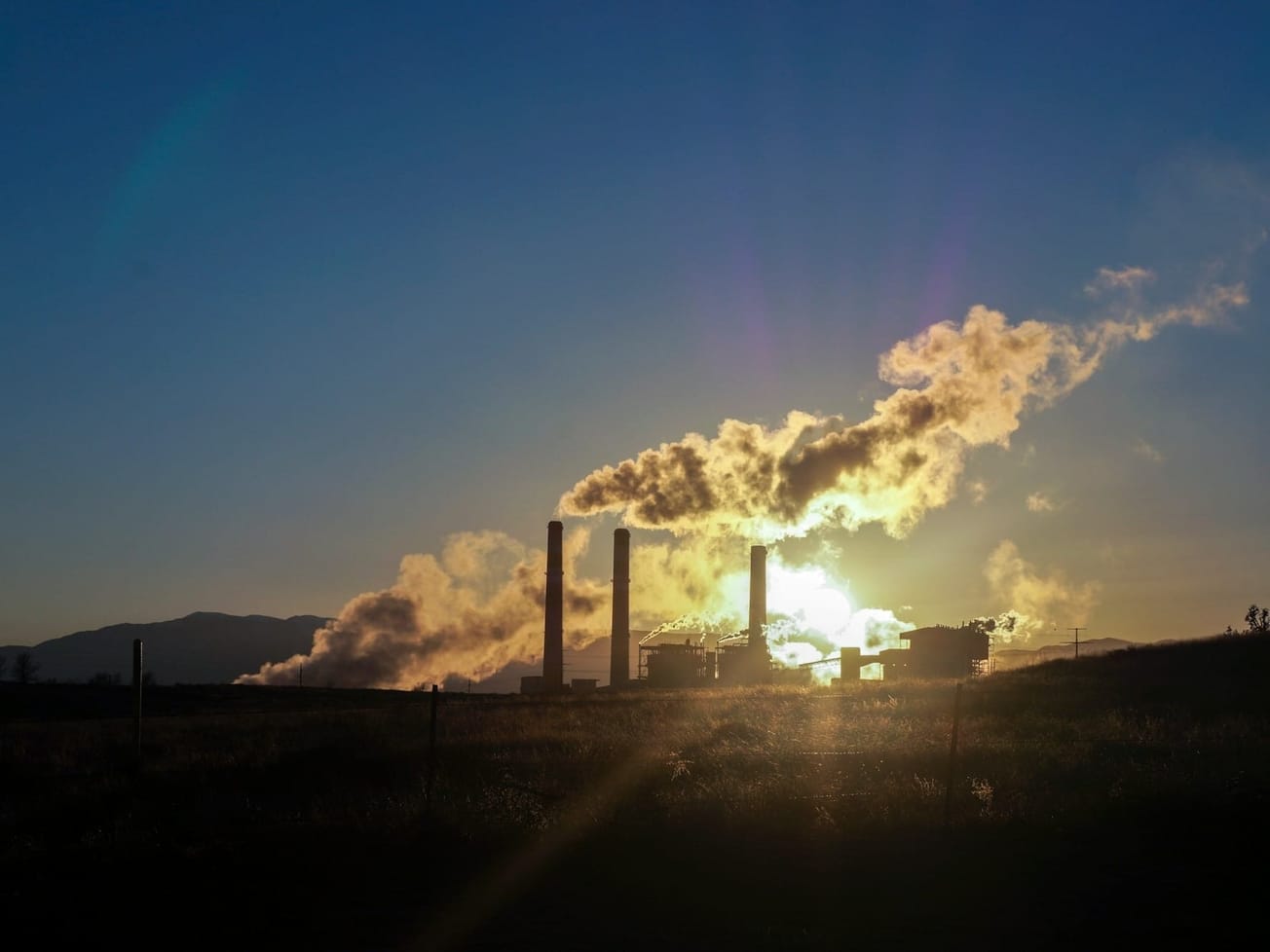GENEVA (AN) — The World Health Organization says it no longer considers the COVID-19 pandemic to be a global health emergency, bringing a symbolic close to three-years of universal disruption.
WHO Director-General Tedros Adhanom Ghebreyesus said on Friday he accepted the Emergency Committee's recommendation to declare an official end to the coronavirus as a Public Health Emergency of International Concern, or PHEIC, the highest level of alert that the U.N. health agency can issue.
It doesn't mean the pandemic is over. WHO declared a PHEIC on Jan. 30, 2020, and less than two months later, on March 11, the U.N. health agency classified the outbreak as a pandemic – a designation that still holds.
But it's certainly welcome news after more than three years into a pandemic that has killed at least 7 million people, forced countless others into lockdowns, and wreaked havoc on economies and global supply chains – setting back the United Nations' goals for eliminating poverty and hunger by 2030.
"It is therefore with great hope that I declare COVID-19 over as a global health emergency. However, that does not mean COVID-19 is over as a global health threat," Tedros told a media briefing.
"What this news means is that it is time for countries to transition from emergency mode to managing COVID-19 alongside other infectious diseases," he said.
The Committee highlighted the decreasing trend in #COVID19 deaths, hospitalizations and intensive care unit admissions & the high levels of population immunity to SARS-CoV-2.
— World Health Organization (WHO) (@WHO) May 5, 2023
While acknowledging the remaining uncertainties posed by potential evolution of SARS-CoV-2, they advised… pic.twitter.com/OlOSry6kzM
True death toll may 20+ million
Tedros, however, emphasized that no country should "use this news as a reason to let down its guard, to dismantle the systems it has built, or to send the message to its people that COVID-19 is nothing to worry about."
And while almost 7 million deaths have been reported to WHO, he said, "we know the toll is several times higher – at least 20 million."
COVID-19 claimed a life every three minutes last week, he pointed out, thousands of people around the world are fighting for their lives in intensive care units, and millions more live with the debilitating effects of a post-COVID-19 condition.
"This virus is here to stay. It is still killing, and it’s still changing," he said. "The risk remains of new variants emerging that cause new surges in cases and deaths."
WHO's emergencies chief Dr. Michael Ryan said world leaders must decide how to face future health threats drawing on the pandemic's many lessons and inequities. Nations are negotiating a pandemic accord that would likely be non-binding but spell out shared responsibilities.
Dr. Mohga Kamal-Yanni, policy co-lead for the People’s Vaccine Alliance, said billions of people in developing countries who still cannot access affordable COVID-19 tests and treatments need governments to remove intellectual property barriers that prevent the widespread production of generic medicines.
“Rich countries behaved shamefully in this pandemic, upholding pharmaceutical monopolies and grabbing vaccines, tests and medicines for their people, pushing developing countries to the back in the line," she said. “People in developing countries should never again wait for the ‘good will’ of rich countries, nor charitable actions of pharmaceutical companies. "
Though COVID-19 vaccines were developed in record time, wealthy nations benefited the most. About 5 billion people have received at least one dose, though in the richest nations many people have received two or more shots and boosters.
Some nations, such as France, Germany and the U.K., have already moved past their public health emergency declarations, and the United States plans to follow suit next week though it has suffered more than 1 million deaths alone.








